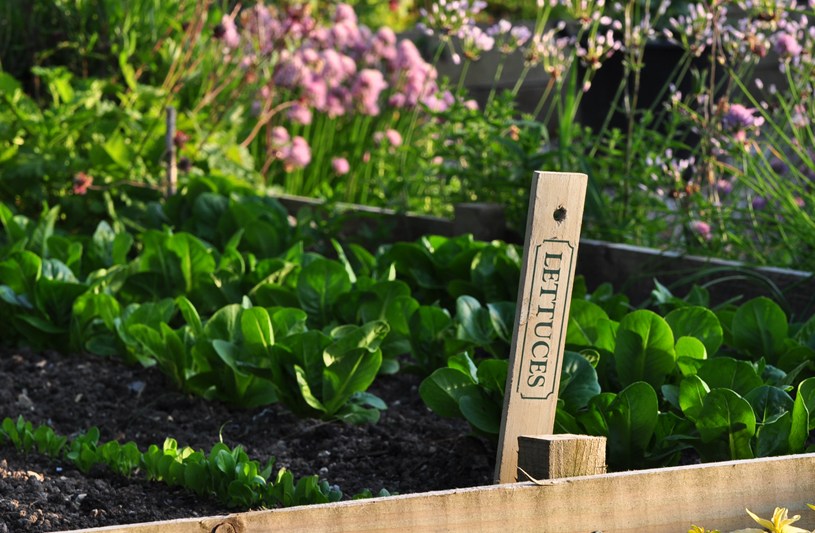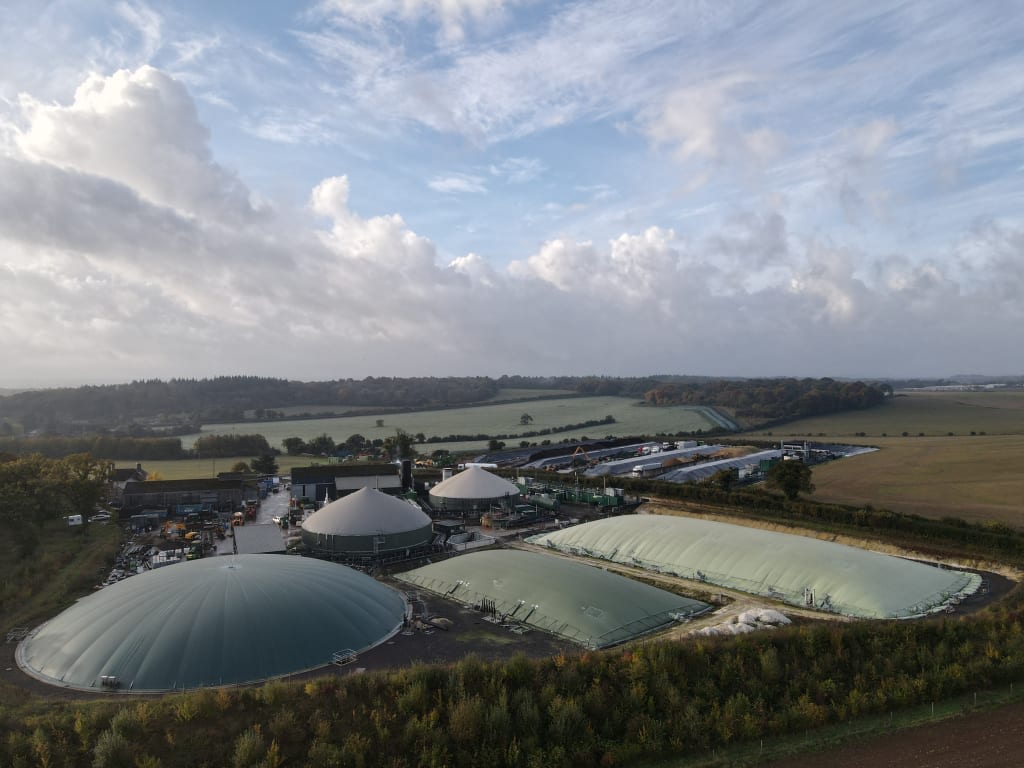Mulch can help conserve moisture in the soil
Preparing your garden plants for a heatwave is crucial to ensure their survival and productivity. Here are some tips to help you prepare your garden plants for a heatwave:
- Water your plants deeply and regularly: Deep watering helps to ensure that the water reaches the roots of your plants, promoting healthy growth and helping them to cope with the heat. Water your plants in the morning or evening when the temperature is cooler, and avoid watering them during the hottest part of the day when the water is more likely to evaporate.
- Apply a layer of mulch: Mulching helps to conserve moisture in the soil and keep the soil temperature cooler. Apply a layer of mulch around the base of your plants to help them retain moisture and protect their roots from the heat.
- Provide shade: Shade cloth or other types of shade can help to protect your plants from the direct sun and reduce the temperature around them. Consider using umbrellas or other temporary shading structures to protect your plants during the hottest part of the day.
- Avoid fertilizing: Fertilizing your plants during a heatwave can stress them out and damage their roots. Hold off on fertilizing until the temperature cools down and the plants have a chance to recover.
- Prune your plants: Prune your plants to remove any dead or damaged branches or leaves. This will help your plants to focus their energy on producing new growth and cope with the heat.
- Monitor your plants: Keep an eye on your plants and watch for signs of stress, such as wilting or yellowing leaves. If you notice any issues, take action immediately to help your plants recover.
By following these tips, you can help your garden plants to survive a heatwave and continue to thrive throughout the summer months.

About Apsley Farms
Sustainability and efficiency is at the heart of everything we do at Apsley Farms. We’ve adopted cutting edge technologies and turned low value crops into renewable energy. We focus on a circular economy by returning the nutrients in our digestate products back to the land as a fertiliser.
Our process of generating green gas and other important by-products ticks three important boxes: it displaces natural gas (fossil fuel) in the gas grid to heat people’s homes; it displaces CO2 made by the fertiliser industry, which is essential in the food industry; and it simultaneously generates natural fertiliser in the process!

